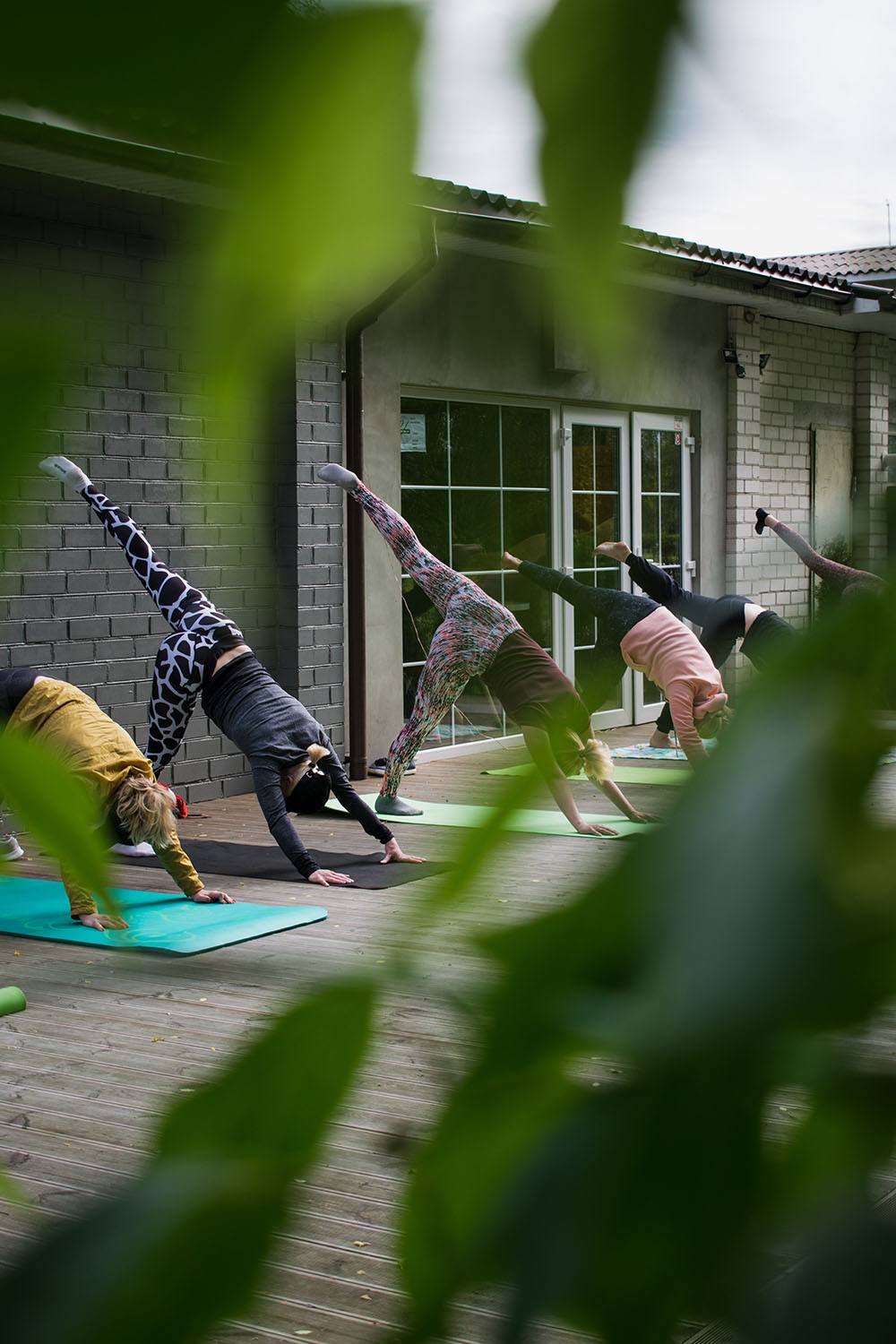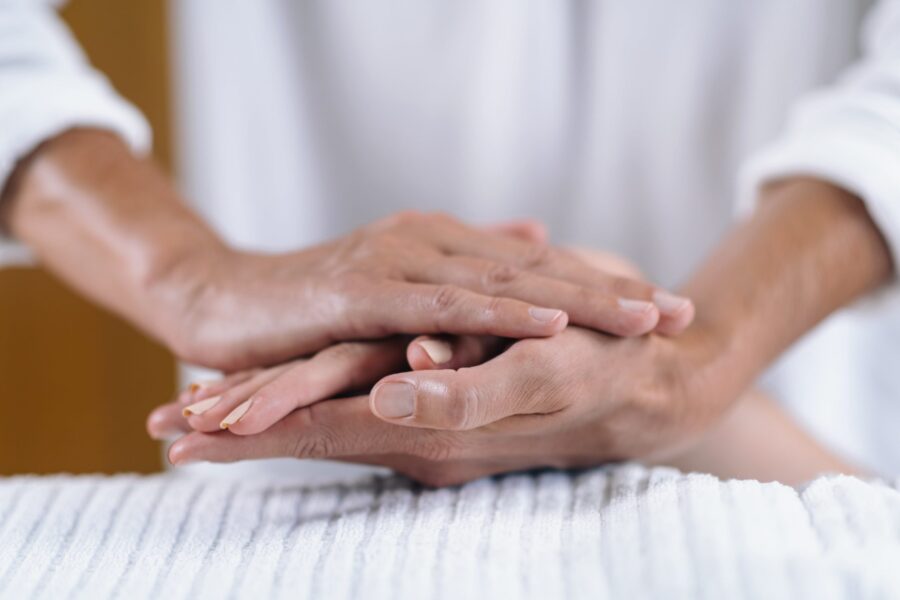Holistic substance abuse treatment is quickly becoming an integral part of the treatment offered at many rehab facilities. It’s usually combined with standard treatment therapies to give the client the best of both worlds. Many recovering addicts respond favorably to it. They think it helps their recovery. This article will discuss some innovative forms of holistic therapy for drug abuse treatment.
Holistic Therapy
Holistic therapy means that the patient is treated as a whole person. In a drug rehab setting, this would mean offering therapies that go beyond treating just the substance abuse problem itself. Holistic therapy includes, but is certainly not limited to, the following:
- Dance, music and art therapy
- Acupuncture
- Biofeedback
- Yoga
- Nutritional supplements
When someone stops taking their drug of choice, there is an enormous void left in their lives. If this void isn’t filled with something substantial and satisfying, relapse is more likely to occur. Dance, creative writing, music, theatrics and art therapy can serve as meaningful outlets for creativity. They can also provide a replacement of sorts for former drug use behavior.
Acupuncture
Acupuncture is an ancient form of traditional Chinese medicine. Thin needles are inserted at special points in the body, releasing a form of energy called qi. Many Western medical professionals think that acupuncture probably works by inducing the brain to release endorphins. Endorphins are natural brain chemicals that relieve pain and cause feelings of elation and satisfaction.
People who abuse opioids disrupt and deplete their natural endorphin production system. This is probably involved in the painful opioid withdrawal syndrome, along with other factors. It’s possible that acupuncture could help a recovering opioid addict through the release of endorphins. Acupuncture also has possible beneficial effects on the brain’s serotonin system. Serotonin is a natural brain chemical involved in mood. Low levels of serotonin are directly associated with depression.
Acupuncture may be able to help not only opioid addicts, but all drug users, by leading to a more positive mood state. Acupuncture may also improve blood flow, which would bring more vital oxygen to the body’s tissues. This may have a general healing effect on the body and brain.
Biofeedback
Biofeedback is a type of therapy that trains an individual to be able to control such normally automatic functions as heart rate, blood pressure and muscle tension. It’s also useful to reduce stress levels. With a trained biofeedback therapist who uses special equipment, the client learns how to visualize and control certain functions of the body. Biofeedback has had some success in helping to minimize migraine headaches, anxiety, chronic pain and high blood pressure. Through visualization, biofeedback may help some recovering addicts to attain drug-free pain relief and relaxation.
Yoga
Yoga is a learned system of certain body postures. It strives to integrate the body, mind and breath for a greater level of self-awareness and ethereal thought. Sometimes considered a form of natural alternative medicine, yoga can help to:
- Relieve stress
- Improve the self-image
- Promote pain relief
- Improve sleep patterns
- Heal painful emotions
- Increase energy levels
If you look carefully at this list of yoga’s benefits, you will see that these are all things that some people take drugs to achieve! For example, someone may abuse opioids because they are in pain. They may take tranquilizers to reduce stress. Most of all, people often take drugs to relieve pain of the psyche, or mind. Yoga may be able to help recovering addicts with all of these things without drugs. That’s the whole point of standard drug treatment to begin with! Yoga has the potential to work both alone and with standard drug therapies.
Nutritional Therapy
Nutritional therapy is especially germane to recovering alcohol addicts. Partly because alcohol is high in calories, many alcoholics don’t eat the healthy foods their bodies need. However, almost all recovering addicts need some type of nutritional support. Some guidelines include eliminating processed foods, sodas and refined sugar. There should be no fried foods, artificial sweeteners or energy drinks. Fresh fruits and vegetables should be consumed at every meal. All breads, rice and pasta should be made of whole grains. Certain dietary supplements may be included.
Holistic substance abuse treatment holds much potential promise for recovering addicts. When used as a complement to standard therapy for drug abuse, there is little reason not to offer it. There is no evidence that it does any harm. Indeed, it may give the client their best chance for long-term sobriety.


